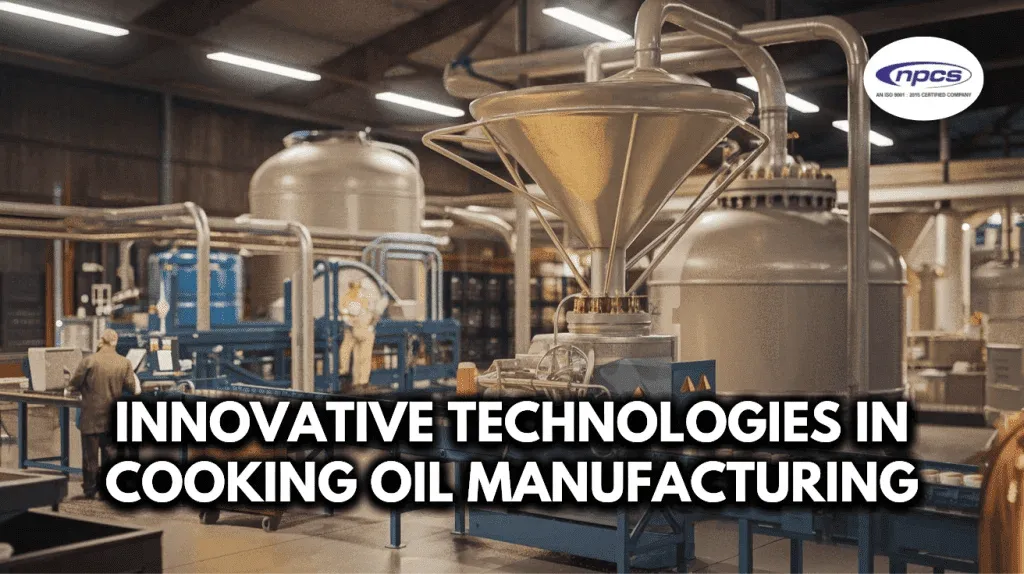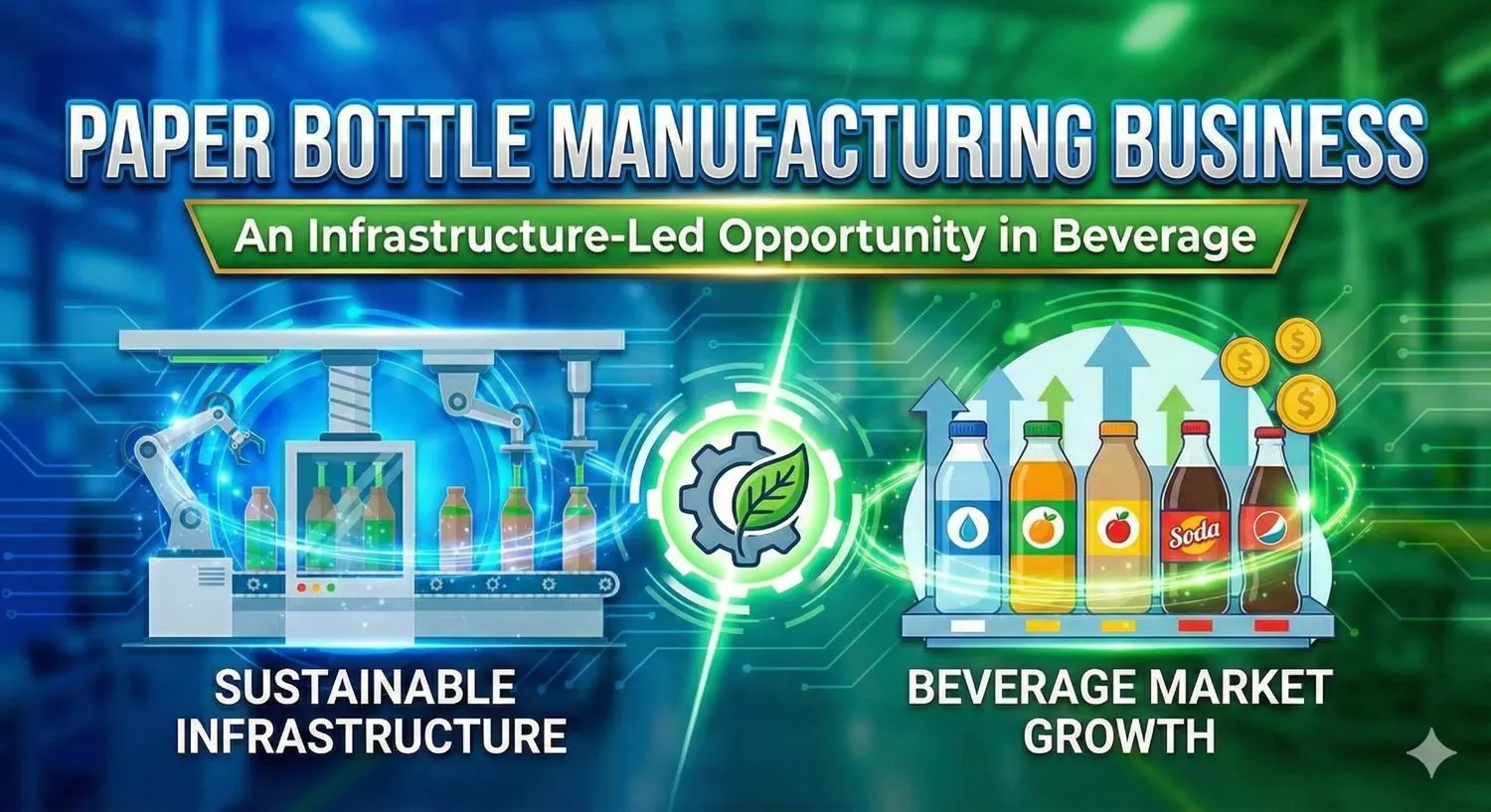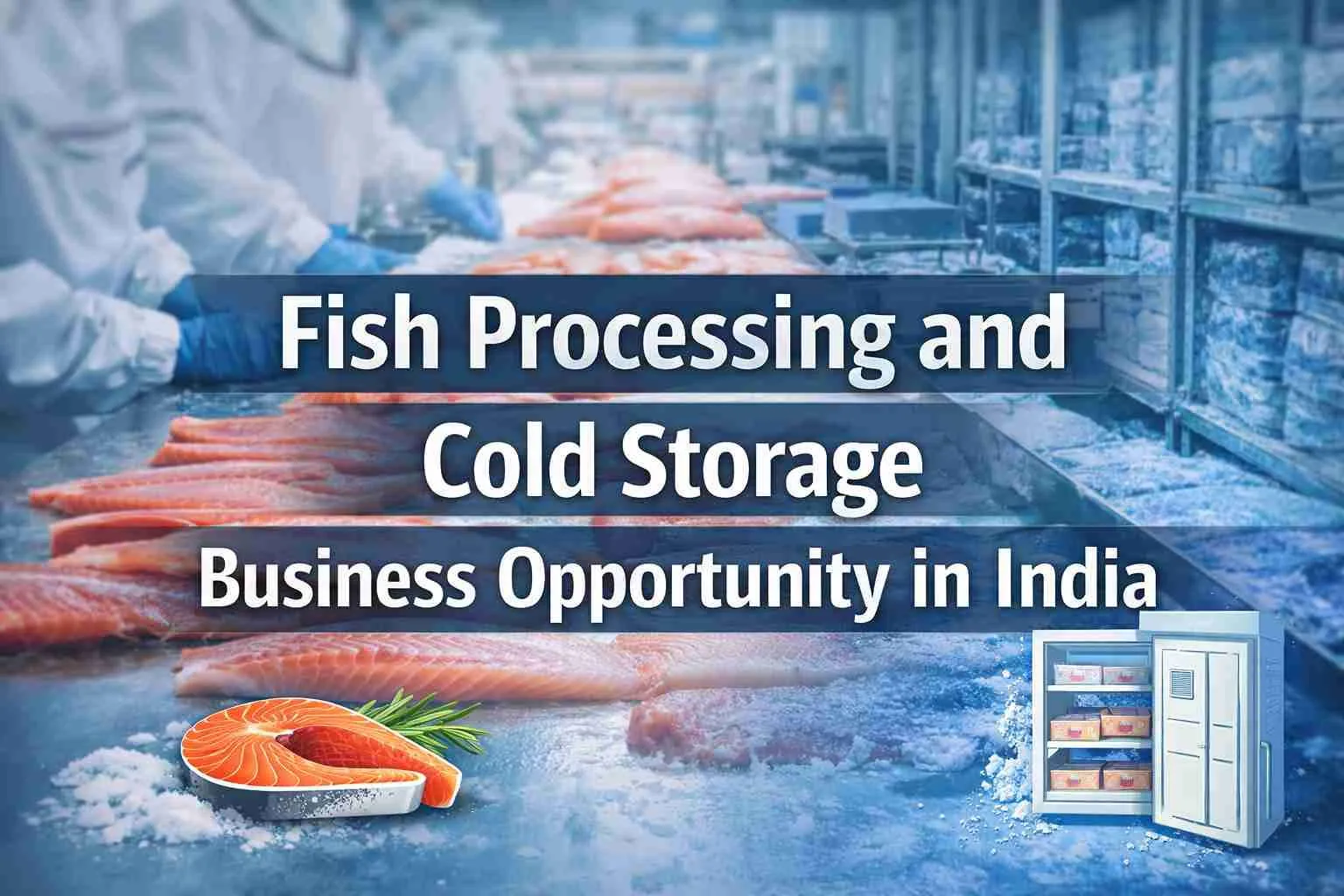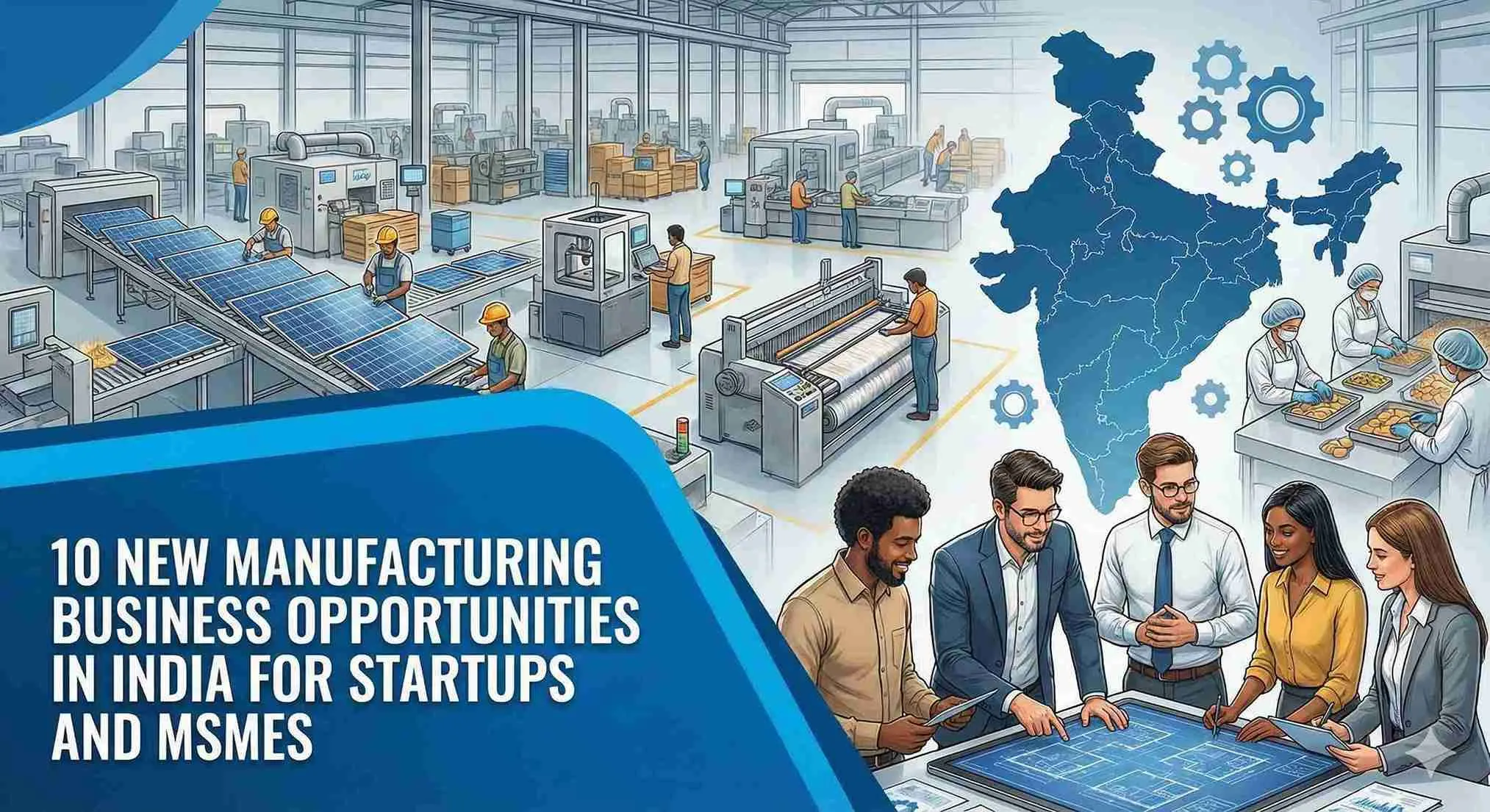The oil business is a vital component in the global economy. During all the years, the technology of the cooking oil manufacturing industry has progressed by leaps and bounds. Innovation has played an important role in extracting oils from raw materials, through packaging the final product, to improve efficiency, quality, and sustainability.
Contents
The Evolution of the Oil Business: From Manual to Automation
Up to centuries ago, the process of oil extraction was manual and took a long time. But as technology keeps changing, the oil business has become more automated and more efficient. Introducing mechanical presses and this later-arriving hybrid of mechanical and hydraulic presses in the 20th century helped illuminate the edible oil manufacturing business by raising crude oil production from raw materials.
The latest technologies are now geared toward increasing oil production efficiency while maximize the quality of cooking oils.
Modern Extraction Methods
The oils were traditionally extracted from simple mechanical processes of cold pressing and expelled pressing. But the space was very tight and the processing was difficult with not always excellent oils produced. But the extraction process is different much with the modern technological advancement.
Cold Pressing and Expelled Pressing
Today, these are still popular methods for extracting cooking oils, especially for high-quality grades of cooking oil. Cold pressing is when the raw material is not heated, and the oil is extracted. Mechanical pressure is used for expelled pressing, extracting the oil from seeds.
Solvent Extraction
Polemic acid produced by this method is extracted by extracting oil from seeds with a solvent, usually hexane. Crude oil is bound by the solvent; the crude oil is then separated through evaporation. It is highly efficient and yields higher oil than the average.
Our Book
Advanced Refining Technologies
Once the oil is extracted, it has to be refined to remove impurities, change flavour, and increase shelf life. Additionally, contaminants that may change oil taste and quality are also given up through the refining process.
- Gumming: It is the first of the refining processes. The water or acid is then used to treat the oil to get rid of gums, hospholipase, and the like.
- Neutralisation: And the next step is to remove the free fatty acids in the oil with an alkaline solution. The process helps increase the taste and odour of the oil
- Deodorisation: To remove any undesirable odours from the oil, deodorisation is done with steam and high temperatures. This is an essential step in cooking oil manufacturing”its particularly important for oils like soybean and sunflower, as the oils have strong odours.
- Bleaching: In this stage, oil is treated with activated carbon or clay to remove any colour and residual impurities, leaving you with a lighter and more transparent oil.
Our Project Reports
Innovating Oil Refining with Enzyme Technology
In its recent trend in edible oil manufacturing, an emerging trend is the use of enzyme technology in refining. Biological catalysts, enzymes, are able to break down specific compounds in oils in a process. Using enzymes in the refining process has many benefits:
- Reduced Processing Time: The gumming, neutralisation and bleaching processes can all be seeded up by enzymes.
- Improved Oil Quality: Oils can be maintained in their nutritional integrity using enzyme-based processes that minimise the need for harsh chemicals and high temperatures.
Oil companies are increasingly adopting this technology in order to produce healthier and more sustainable oils.
Sustainable and Eco-friendly Practices in Oil Production
Growing environmental awareness has made sustainability a hot issue in the oil business. Today, consumers are looking for the good for their health and the good for the environment. This has led to the cooking oil manufacturing industry recently adopting more suitable means to do business.
Waste Management and Bio diesel Production
The use of waste cooking oils to create bio diesel is one of the major developments in the oil business. Restaurants used oils, and that from households are collected, cleaned, and converted into bio diesel, a renewable energy source. Not only does this practice cut down the waste, but it plays a significant role in making a material better.
Energy-Efficient Processes
Renewable energy sources such as solar and wind power have become more popular in modern oil production plants. Furthermore, many producers employ high technology and advanced heat recovery systems that minimise energy need in refining and deodorisation.
Waste-to-Energy Technology
Often in the refining process, routine waste materials such as residual oils and byproducts are discarded. With these recent advances in waste-to-energy technology, what used to be a negative can now be a positive, contributing to the energy generation for the oil business.
Innovative Packaging for Cooking Oils
Since cooking oils are now produced and refined, the second hurdle is packaging. Preserving the product quality and length of shelf life depends significantly on packaging. Newer, more eco-friendly, cost-effective, and functional technologies are emerging in the field of packaging.
Smart Packaging Technologies
One of the latest and most innovative packaging solution is the use of smart packaging which employ a sensor to monitor the freshness and quality of the oil. These sensors would tell us if the temperature or humidity or even the amount of exposure to the light affected how long the oil would stay good. Such smart packaging could make consumers and manufacturers aware of the condition of the product, only the fresh high quality oil would be sold in the market.
Biodegradable and Recyclable Packaging
Another thing that oil business has shifted towards is biodegradable and recyclable packaging. Edible oil manufacturing companies are increasingly relying on the packaging material thats more environmentally friendly, including plant-based plastics and recyclable PET bottles. Such changes have a positive effect on oil business environmental impacts and respond to the increasing demand for Eco-friendly products from the consumer.
Also Read
Conclusion
The oil business is yet changing with the increasing of technologies to increase the cooking oil manufacturing efficiency, quality, and sustainability. From innovative modern extraction methods to green packaging, this and the future of this industry depend upon innovation. Being focused on waste reduction, energy efficiency, and more sustainable and healthier oils has helped shape the future of the edible oil production industry.
In order for people who intend to start an edible oil business to succeed, it is important that they stay on top of the latest technologies and sustainable practices. So, basically, you can find ways to not just invest but invest heavily in new cutting-edge extraction methods to make your business green and sustainable.
Unsure of diving deeper into the oil production or aret yet familiar with the technologies that are reshaping the pattern of the industry? Visit NIIR Project Consultancy to get expert insights and resources.
Contact Us
Frequently Asked Question
What modern extraction technologies are used in cooking oil manufacturing?
Modern extraction still uses cold pressing and expelled pressing, while high-yield solvent extraction remains key in large-scale production. These methods improve efficiency and output compared with traditional manual extraction.
How do advanced refining methods improve edible oil quality?
Refining steps such as gumming, neutralization, bleaching, and deodorization remove impurities, unwanted odours, and colour, resulting in a stable, high-quality oil suitable for consumer use.
What role does enzyme technology play in edible oil processing?
Enzymes are emerging in the refining process to speed up steps like gumming and bleaching and to preserve nutritional quality by reducing harsh chemical use.
How are manufacturers improving sustainability in oil production?
Producers are adopting energy-efficient systems, renewable energy sources, and waste-to-energy solutions. Used cooking oil is being repurposed into biodiesel, lowering waste and supporting circular practices.















